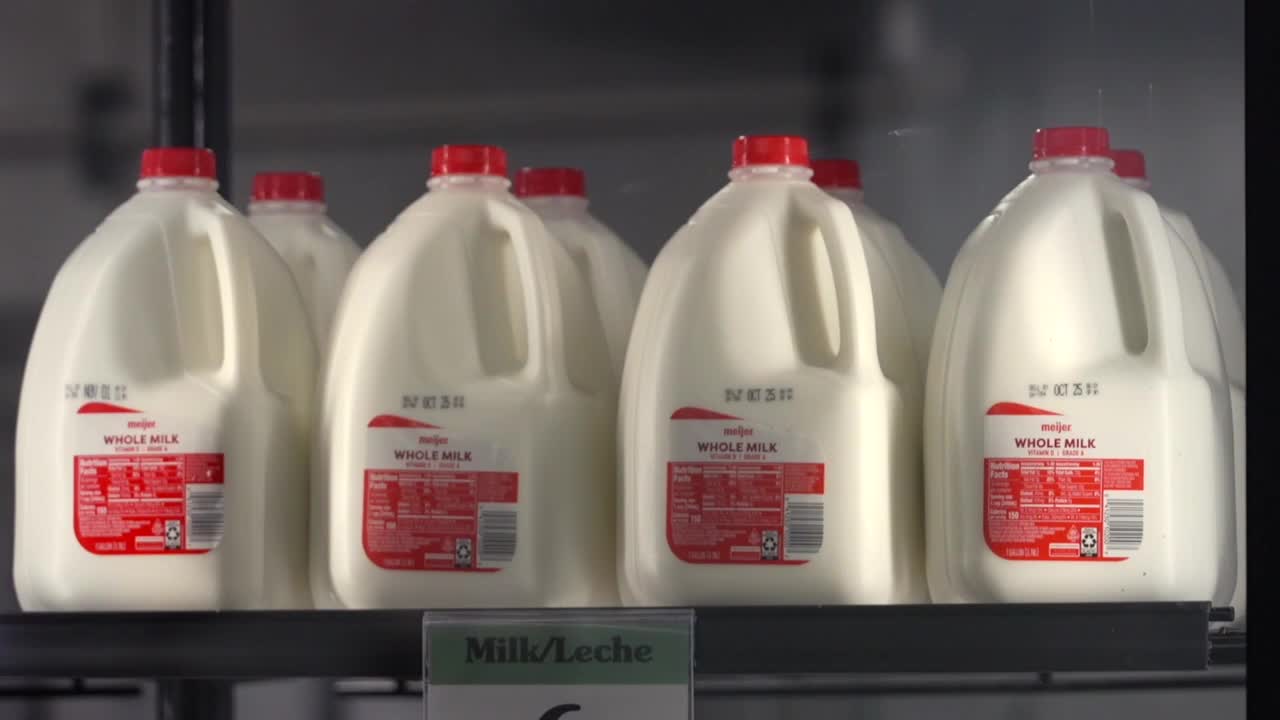The change will affect nearly 30,000 residents in Ottawa and Allegan counties who rely on the program, according to Holland-based nonprofit Community Action House CEO Scott Rumpsa.
“That is a really, really big deal,” Rumpsa said. “We’re in a season of uncertainty for so many and supports like SNAP and Medicaid that a lot of neighbors have relied on for a long time. ... There's a lot of fear.”
SNAP is the largest food assistance program in the country, administered at the federal level by the USDA but operated locally by states, which determine eligibility and issue monthly benefits via Electronic Benefit Transfer (EBT) cards. In 2024, the average SNAP household in Michigan received $335 a month.
“Nearly one in seven Michiganders rely on SNAP for food assistance," Rumpsa said. "It's about 1.4 million of our neighbors in Michigan that rely on this program ... Over 40% of those recipients have young children."
36% of that 1.4 million are families with members who are older adults or disabled.
Community Action House has served over 11,000 low-income neighbors this year. About 30% of its guests currently rely on SNAP, Rumpsa said.

Rumpsa noted that in Ottawa and Allegan counties alone, over 29,400 individuals receive SNAP benefits, totaling about $4.9 million in monthly food assistance, with almost 11,400 from Allegan and around 18,000 from Ottawa.
“We’re looking to expand our services. We know more families will be turning to us, probably for the first time,” he said. “We'll also be trying to make sure we have more food for those families that are already coming but are going to lose out on that other side of their food budget through the freeze to SNAP.”
Rumpsa cautioned that local nonprofits and community support, while vital, cannot fully replace federal programs like SNAP.
“This is a both-and thing. ... Community philanthropy has a meaningful role in helping us expand our services right now to meet this moment and serve more and offer greater assistance for those who will need it most critically," he said. "At the same time, it won’t be able to fully replace this critical program that is our country’s largest approach to food access."
He encouraged Michigan residents to help by donating, volunteering, supporting food drives, and advocating for SNAP and similar programs.

“Let’s all keep advocating for critical programs like SNAP. These should not be frozen. We need a government that keeps these critical lifelines open for our neighbors who need it most," Rumpsa explained.
Families in Ottawa and Allegan counties affected by the pause in SNAP benefits will have to make difficult choices in the coming month.
“This is about more than food,” Rumpsa said. “It’s about families, kids missing meals, seniors choosing to pay rent rather than eat. These are real decisions that people are going to be forced to make.”
Community Action House and other local organizations are preparing to serve an increased number of families as the loss of SNAP benefits takes effect in November.
For more information or ways to help, visit communityactionhouse.org.
This story was initially reported by a journalist and has been converted to this platform with the assistance of AI. Our editorial team verifies all reporting on all platforms for fairness and accuracy.





